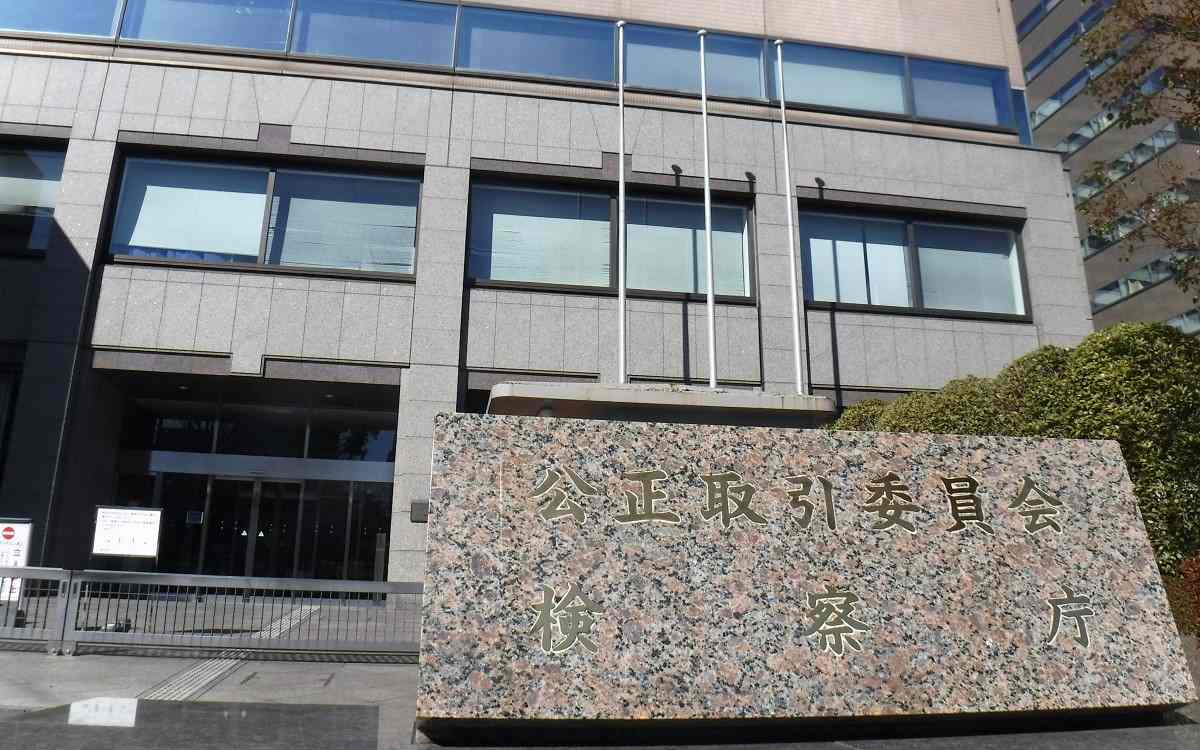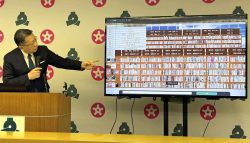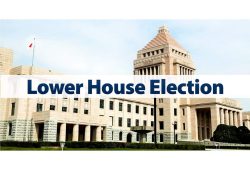Japan Fair Trade Commission Finds 10 Types of Dark Patterns May Violate Law; Annual Damage Could Be ¥1.7 Tril.

The Japan Fair Trade Commission
16:07 JST, March 15, 2025
The Japan Fair Trade Commission has compiled a report stating that most of the typical dark patterns used on websites might violate the Antimonopoly Law, according to sources.
Dark patterns are deceptive design elements on websites that are meant to trick or manipulate users into consenting to something they did not originally intend.
Utilizing such dark patterns can constitute “deceptive customer inducement” or “abuse of superior bargaining position” under the law.
The Competition Policy Research Center of the JFTC classified 11 typical dark patterns and found that 10 of them may violate the law.
Concealing the terms and conditions, which would put customers at a disadvantage, might constitute deceptive customer inducement. Acts such as adding products to a customer’s shopping cart without their permission might also be considered deceptive customer inducement as well as tie-in sales.
Making it difficult for customers to cancel memberships, such as only allowing cancellations by phone, might be considered transaction interference, as it prevents customers from going to competing companies.
Actions such as asking customers to register more personal information than necessary might be considered to be an abuse of superior bargaining position.
The act of a company having certain options that are advantageous to the company preselected, such as making a subscription the default option, might be constituted as transaction interference and other types of dark patterns, according to the report.
However, there are also cases in which the law is difficult to apply. The report states that the law might not be applicable for such acts as companies manipulating consumers’ emotions in order to have them make certain choices.
As many companies are now utilizing dark patterns to lure customers, it is suspected that more consumers are purchasing products they would not normally buy. According to some estimates, the annual damage due to such cases could be as high as ¥1.7 trillion.
The JFTC will further examine whether dark patterns can be regulated so that healthy competition is not undermined.
Top Articles in Society
-

Man Infected with Measles May Have Come in Contact with Many People in Tokyo, Went to Store, Restaurant Around When Symptoms Emerged
-

Australian Woman Dies After Mishap on Ski Lift in Nagano Prefecture
-

Foreign Snowboarder in Serious Condition After Hanging in Midair from Chairlift in Nagano Prefecture
-

Record-Breaking Snow Cripples Public Transport in Hokkaido; 7,000 People Stay Overnight at New Chitose Airport
-

Train Services in Tokyo Resume Following Power Outage That Suspended Yamanote, Keihin-Tohoku Lines (Update 4)
JN ACCESS RANKING
-

Japan Institute to Use Domestic Commercial Optical Lattice Clock to Set Japan Standard Time
-

China Eyes Rare Earth Foothold in Malaysia to Maintain Dominance, Counter Japan, U.S.
-

Man Infected with Measles May Have Come in Contact with Many People in Tokyo, Went to Store, Restaurant Around When Symptoms Emerged
-

Japan, Qatar Ministers Agree on Need for Stable Energy Supplies; Motegi, Qatari Prime Minister Al-Thani Affirm Commitment to Cooperation
-

Australian Woman Dies After Mishap on Ski Lift in Nagano Prefecture
























